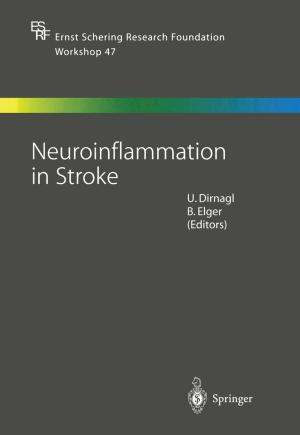The European Court of Human Rights as a Pathway to Impunity for International Crimes
Nonfiction, Reference & Language, Law, International, Social & Cultural Studies, Political Science| Author: | Sonja C. Grover | ISBN: | 9783642107993 |
| Publisher: | Springer Berlin Heidelberg | Publication: | April 5, 2010 |
| Imprint: | Springer | Language: | English |
| Author: | Sonja C. Grover |
| ISBN: | 9783642107993 |
| Publisher: | Springer Berlin Heidelberg |
| Publication: | April 5, 2010 |
| Imprint: | Springer |
| Language: | English |
Introductory Remarks on the Perspective and Intent of the Author in Writing This Monograph The European Court of Human Rights comments in the judgment Korbely v. Hungary that: However, clearly drafted a legal provision may be, in any system of law, including criminal law, there is an inevitable element of judicial interpretation. There will always be a need for elucidation of doubtful points and for adaptation to changing circumstances. Indeed, in the Convention States, the progressive development of the criminal law through judicial law making is a well-entrenched and necessary part of legal tradition…The Court’s role is con?ned to ascertaining whether the effects of such an interpretation [interpretation by the national courts and authorities of domestic law which sometimes may refer to or incor- rate international law principles or agreements] are compatible with the Convention 1 [European Convention on Human Rights and Fundamental Freedoms] (emphasis added). This book then examines to what degree this “inevitable element of judicial interpretation” has been applied by the European Court of Human Rights in a manner consistent with the guarantees of the most fundamental human rights under international criminal, human rights and humanitarian law.
Introductory Remarks on the Perspective and Intent of the Author in Writing This Monograph The European Court of Human Rights comments in the judgment Korbely v. Hungary that: However, clearly drafted a legal provision may be, in any system of law, including criminal law, there is an inevitable element of judicial interpretation. There will always be a need for elucidation of doubtful points and for adaptation to changing circumstances. Indeed, in the Convention States, the progressive development of the criminal law through judicial law making is a well-entrenched and necessary part of legal tradition…The Court’s role is con?ned to ascertaining whether the effects of such an interpretation [interpretation by the national courts and authorities of domestic law which sometimes may refer to or incor- rate international law principles or agreements] are compatible with the Convention 1 [European Convention on Human Rights and Fundamental Freedoms] (emphasis added). This book then examines to what degree this “inevitable element of judicial interpretation” has been applied by the European Court of Human Rights in a manner consistent with the guarantees of the most fundamental human rights under international criminal, human rights and humanitarian law.















